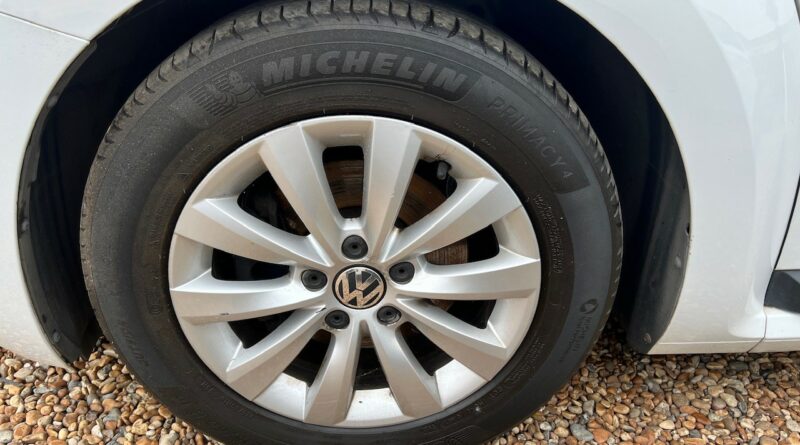Basic Guide How Long Do Tyres Last?
In this article, we’ll explore how long tyres typically last and what you can do to extend their life. Tyres are a crucial component of any vehicle, directly impacting safety, performance, and fuel efficiency. Understanding the lifespan of your tyres and recognizing the factors that affect their longevity is essential for maintaining your car in top condition. Remember legal limit 1.6mm in most countries.
Typical Lifespan of Tyres
The average lifespan of a tyre is about 25,000 to 50,000 miles, which translates to roughly 3 to 5 years for the average driver. However, this range can vary significantly based on various factors, including the type of tyre, driving habits, and maintenance practices.
Types of Tyres and Their Longevity
- All-Season Tyres: These are designed to perform well in various weather conditions and typically last between 50,000 to 70,000 miles.
- Summer Tyres: Optimized for warm weather, these tyres offer superior grip but may wear out faster, usually lasting around 20,000 to 30,000 miles.
- Winter Tyres: Made for cold conditions and icy roads, they generally last about 30,000 to 40,000 miles.
- Performance Tyres: Built for high speed and agility, these tyres often have a shorter lifespan, typically around 20,000 miles.
Factors Affecting Tyre Longevity
1. Driving Habits
Aggressive driving, such as rapid acceleration, hard braking, and high-speed cornering, can significantly reduce the lifespan of your tyres. Smooth, cautious driving helps to extend their longevity.
2. Road Conditions
Regularly driving on rough, uneven, or poorly maintained roads can accelerate tyre wear. Potholes, debris, and curbs can cause damage that shortens the life of your tyres.
3. Tyre Maintenance
Proper maintenance is crucial for extending tyre life. Key maintenance practices include:
- Regular Rotation: Rotating every 5,000 to 7,000 miles ensures even wear.
- Proper Inflation: Keeping inflated to the manufacturer’s recommended pressure prevents uneven wear and improves fuel efficiency.
- Wheel Alignment: Misaligned wheels cause uneven tyre wear and should be checked regularly.
- Balancing: Properly balanced tires ensure even weight distribution, reducing wear.
4. Environmental Factors
Extreme temperatures, both hot and cold, can affect the rubber compounds in tyres. Exposure to direct sunlight, ozone, and chemicals can also cause premature aging and wear.
Signs Your Tires Need Replacement
- Tread Wear: Most tires have tread wear indicators. When the tread is worn down to these indicators, it’s time to replace them.
- Cracks and Bulges: Visible cracks or bulges in the tyre sidewalls indicate damage and potential failure.
- Vibration: Excessive vibration while driving can be a sign of tyre imbalance, misalignment, or internal damage.
- Age: Even if appear in good condition, it’s generally recommended to replace them every 6 to 10 years, regardless of mileage.
Extending Tyre Life
To maximize the lifespan:
- Monitor Pressure: Check your tyre pressure monthly and before long trips.
- Rotate Regularly: Follow your vehicle’s recommended rotation schedule.
- Get Regular Inspections: Have alignment checked during regular maintenance visits.
- Drive Sensibly: Avoid aggressive driving and sudden manoeuvres.
Tires are an essential part of your vehicle’s safety and performance. By understanding how long typically last and the factors that influence their lifespan, you can take steps to ensure you get the most out of your investment. Regular maintenance, mindful driving, and timely replacements will keep your tyres—and your vehicle in optimal condition.
Buying a used VW. Buying used vauxhall, BMW, Jaguar, Ford, Volvo, Range rover, Bentley, Aston Martin, Porsche, Ferrari, Lamborghini, Maserati, Hyundai, Tesla, Honda, Pagani

